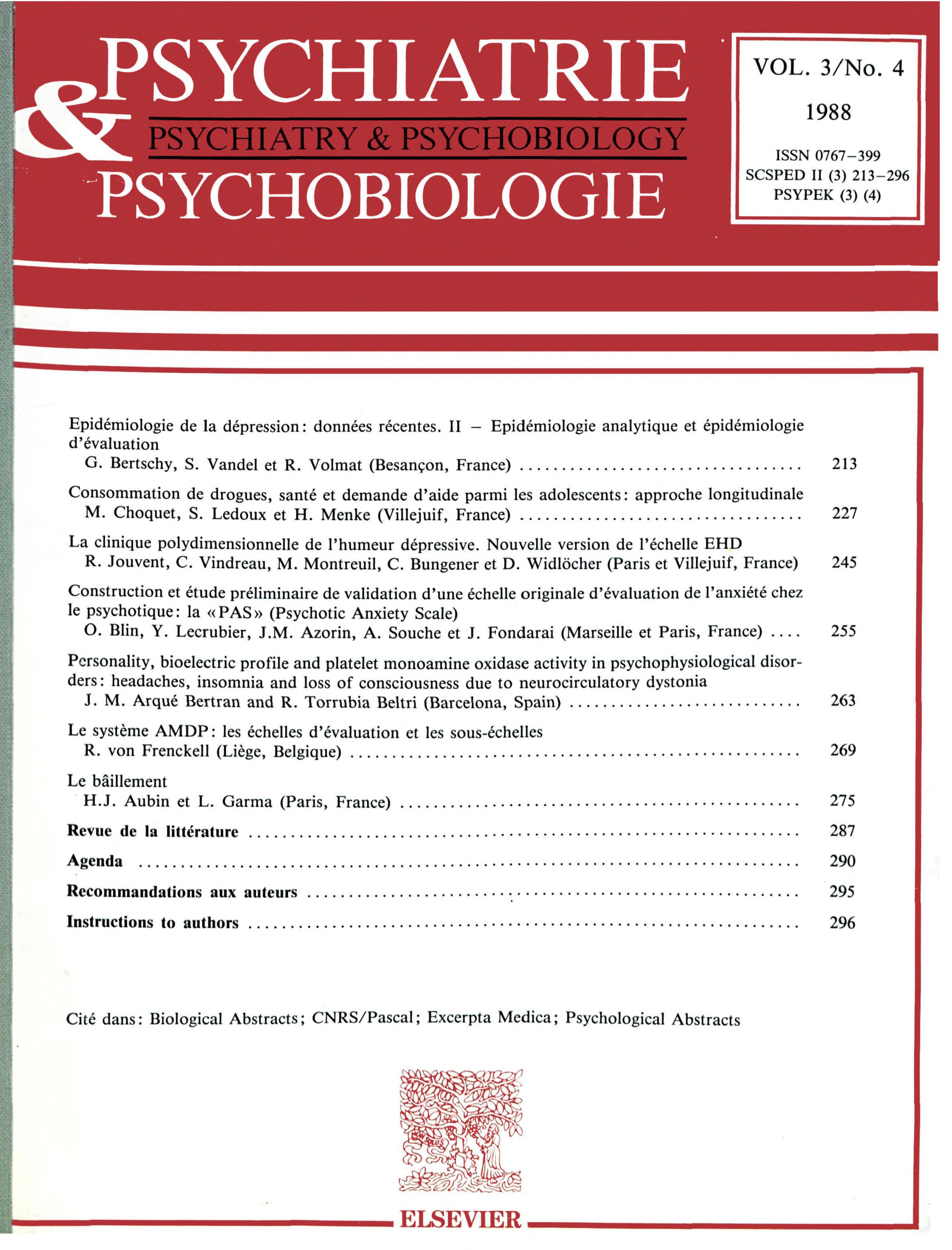No CrossRef data available.
Article contents
El MINI Inventario Neuropsiquiátrico Internacional: utilidad clínica y aceptación por los pacientes
Published online by Cambridge University Press: 12 May 2020
Resumen
Se ha mostrado que el diagnóstico clínico es poco fiable comparado con los inventarios diagnósticos estructurados. Sin embargo, los profesionales clínicos utilizan con poca frecuencia los inventarios diagnósticos debido a preocupaciones sobre la viabilidad en la práctica clínica y sobre la aceptación por los pacientes. El Mini Inventario Neuropsiquiátrico Internacional es un instrumento diagnóstico breve validado frente a la SCID y la CIDI, pero su viabilidad y aceptación por los pacientes no se ha estudiado.
Se administró el Mini Inventario Neuropsiquiátrico Internacional a 111 í pacientes admitidos en un programa parcial y se cronometró la entrevista. Se administró un cuestionario breve para evaluar las opiniones de los pacientes sobre la entrevista. Para un subgrupo de pacientes, se dispuso de diagnósticos tanto por entrevistas abiertas como por la Mini Entrevista Neuropsiquiátrica Internacional (MINI). Se compararon para buscar acuerdo en los diagnósticos primarios y los trastornos comórbidos.
Administrar la MINI llevó una media de 16,4 minutos. Las opiniones de los pacientes de la MINI fueron positivas. Se consideró lo bastante amplia para cubrir todos los síntomas de los pacientes y, al mismo tiempo, no indebidamente larga. A los pacientes no les molestó el formato de entrevista. Hubo desacuerdo entre el diagnóstico primario de la MINI y el diagnóstico abierto en el 42% de los casos. En un 33%, el desacuerdo era de significación clínica sustancial. La MINI diagnosticó más trastornos comórbidos (media 2,05 comparado con 0,5 en la entrevista abierta).
La MINI es un inventario de entrevista diagnóstica que se puede incorporar fácilmente a las entrevistas clínicas habituales. Tiene buena aceptación por los pacientes.
- Type
- Artículo original
- Information
- Copyright
- Copyright © European Psychiatric Association 2004


